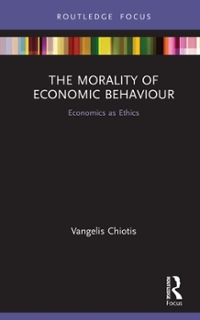households
2. Suppose a representative agent derives utility from consumption c and leisure n as follows 4 0 In (c) + (1 -0) In (n). The agent receives labor income equal to her daily wage rate w times the fraction of each day that she works 1. The agent also receives transfer income from the government equals to y - she receives this income regardless of the amount of time she spends working. She allocates her non-personal-care time each day to either enjoying leisure or working. The agent goal is to maximize her utility subject to the following constraints: Budget constraint: c = y + w/. Time constraint: It n = 1. A) Assume 0 = 0.4. w = 8 and y = 1.8. Determine the agent's optimal time spent working. optimal leisure and optimal consumption.of 3 + [ Page view | A Read aloud | [I) Add text | Draw ~ Highlight Erase | G 8 A) Assume 0 = 0.4, w = 8 and y = 1.8. Determine the agent's optimal time spent working, optimal leisure and optimal consumption. B) Show how the agent's optimal consumption c vary with the amount of transfer income y from the government and the wage rate w. Briefly explain. C) Suppose y = 0. Do the agent's optimal time spent working depend on the after-tax wage rate w. Briefly explain. D) Suppose now the government provides a transfer that is proportional to the agent's wage. That is, instead of paying an income tax proportional to the wage (as we discussed in class), the agent's take-home wage is increased by a proportional wage transfer denoted by 7. Write the agent's budget constraint assuming that y = 0. Do the agent's optimal time spent working depend on the after-transfer wage rate. Briefly explain. FC Cloudy A D to 4 10 INGo + [ Page view | A Read aloud | [T) Add text V Draw Highlight Erase 2. Suppose a representative agent derives utility from consumption c and leisure n as follows 0In (c) + (1 -0) In(n). The agent receives labor income equal to her daily wage rate w times the fraction of each day that she works 1. The agent also receives transfer income from the government equals to y - she receives this income regardless of the amount of time she spends working. She allocates her non-personal-care time each day to either enjoying leisure or working. The agent goal is to maximize her utility subject to the following constraints: Budget constraint: c = 7 + wl. Time constraint: It n = 1









